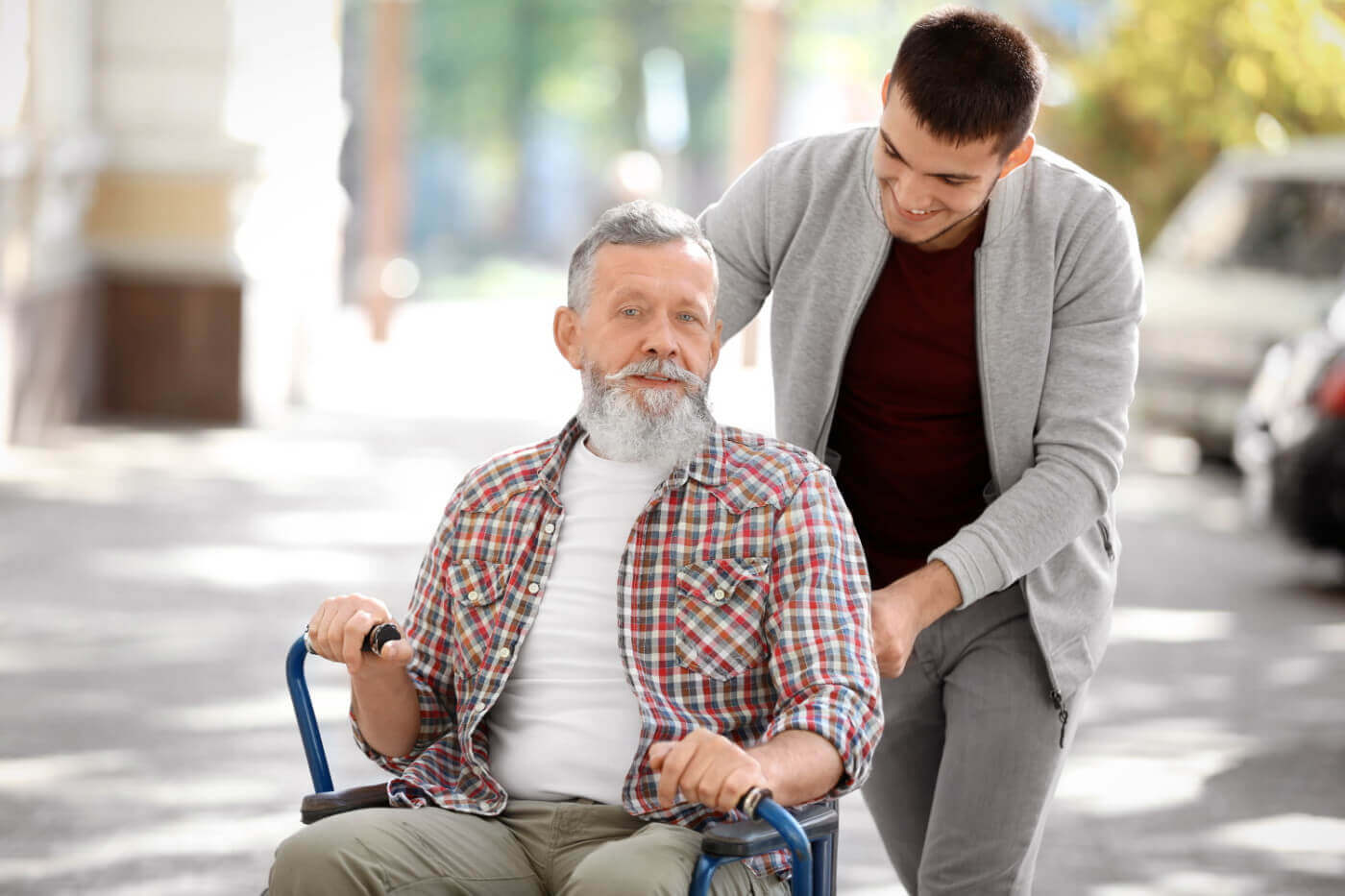How to be a great caregiver; the 4 essential qualities
Caregiving has become very big business in recent times. Although, as a rule, a caregiver is not remunerated, the economic value of these care services was approaching $500 billion as far back as 2013. This is up from $375 billion in 2007, an increase of 25%. During the same period, the US population grew less than 5%. This, and other data published by the Family Caregiver Alliance illustrates how important caregivers and informal medical care have become.
This growth is also evident in terms of people. In a National Alliance for Caregiving research paper, the number of caregivers is reported to have increased from 43.5 million in 2015 to 53 million in 2020. This growth highlights a rapidly growing number of patients requiring care. And this growth is expected to continue or to accelerate further.
Becoming a caregiver at some point in one’s life is now a much more probable prospect than it was a mere 15 years ago. With that role comes a rather daunting burden; both physically and mentally. Fulfilling this role successfully, or even with excellence, requires the caregiver to possess or develop certain skills or attributes. Let’s take a look at some of those qualities that we deem essential.
Have, or make, a plan
In business there is a very apt saying; “Failing to plan, is planning to fail”. Planning goes way beyond business, though. Planning is a critical part of every aspect of our lives. Writing up a shopping list, deciding what to cook for dinner, or making a flight reservation for a vacation; all of this is planning.
Planning empowers us to cope with things, whether expected or not. For a caregiver, this is an essential tool to cope with the physical demands and stress. For a patient, it creates routines that become familiar and eliminate uncertainty and frustration. Frustration that frequently rubs off on the caregiver.
There are a few key plans that are easy enough to implement and make a big difference for both caregiver and patient. Let’s look at the basics.
Start with a bathroom schedule.
Regular bathroom breaks reduce the risk of the bladder or bowel overfilling and leaking. The routine also creates a pattern that eases the mental stress for the patient. You may think this applies only to people with incontinence. In fact, it applies equally to any person who may have any difficulty recognizing the need to go to the bathroom or who has impaired mobility and may take too long to get there.
A nutrition plan comes next.
Meals should be taken at regular intervals and provide all the dietary needs of the patient. Meal or menu planning also helps the caregiver to ensure that all ingredients are on hand. Emergency trips to the convenience store not only waste money; they also create a lot of unnecessary stress.
Don’t forget an emergency response plan.
Make a note of all important contact numbers and post this within direct sight of the telephone. Of course, with cellular communication nowadays, a second list in the patient’s room is also useful. Also document an action plan for medical response emergencies. Knowing exactly what to do prevents confusion and saves a lot of time.
Medication management is another important aspect.
Use a pill dispenser to help ensure that medication is administered as prescribed. Make a note of prescription refill dates to avoid running out. You may consider arranging an automatic refill with your local pharmacy. In fact, some may even deliver them to you at little or no extra charge.
Whilst these are the most common planning areas, you may also consider planning for periodic exercise and relaxation activities for the patient. Lastly, do not neglect yourself. Make sure you get enough “me time”. More on that later.
Respect, dignity and compassion
Requiring care is not what anybody would deliberately set out to do. Spare a thought for the patient who probably feels somewhat humiliated most of the time. Helping the patient restore or maintain their dignity requires a warm, caring and compassionate attitude. A strong and resilient, but flexible personality lies at the heart of this.
Before you accept the challenge of caring for someone, take some time out to understand the patient’s condition and the challenges they will be facing. If possible, talk to other caregivers or consult with the Family Caregiver Alliance or the National Alliance for Caregiving. They have all been there before and they can provide valuable and relevant insight to help you square up to the task.
Your health is paramount
Never underestimate the demands of caregiving and never overestimate your capacity to cope with them. Around one in four caregivers have reported that their own health has suffered since accepting the role. Once you start this downward slide, the deterioration accelerates rapidly.
In setting up your caregiving plan, make sure you reserve enough time for yourself. As difficult as it may be, don’t postpone a doctor’s visit or give up your fitness regimen. Resist the temptation to eat on the run. You must also ensure that you have some time to unwind and let your brain slow down a bit. A movie or a good book are your friends here.
When you’re fit and in good health and spirits, it’s bound to have a positive effect on your patient. Attitude and mood are often almost symbiotic. How many times has your bad mood lifted when you have been surrounded by happiness? And how many times has a grumpy person doused your fire? Smile, and the world smiles with you.
Ask for help
When you feel you’re losing your way, don’t try to soldier through it alone. Remember that you’re one of more than 50 million caregivers in the US alone. 50 million people who know what you’re going through and would be more than willing to help in some way or just listen. By all means, be brave, but don’t be stubborn.
When you feel a little overwhelmed, pay a visit to the websites we have mentioned already. They’re packed with tips and advice from healthcare experts and other caregivers. You can also find training resources in case you feel you need to acquire additional skills. Alternatively, you can call on friends or relatives to lend a hand.
Now, we have looked at all the mental and physical considerations of being a good caregiver. However, to round this off, you also need to have all the appropriate equipment and consumable supplies. With more than 25 years of experience in this field, the team at LL Medico is ideally placed to guide you. We stock a range of products for Incontinence Products, mobility, diabetes management and a whole host of other personal care needs.







 855-422-4556
855-422-4556 Chat
Chat E-Mail
E-Mail Monday - Friday 9:00AM to 5:00PM EST
Monday - Friday 9:00AM to 5:00PM EST





 Shopping With LL Medico
Shopping With LL Medico
 855-422-4556
855-422-4556